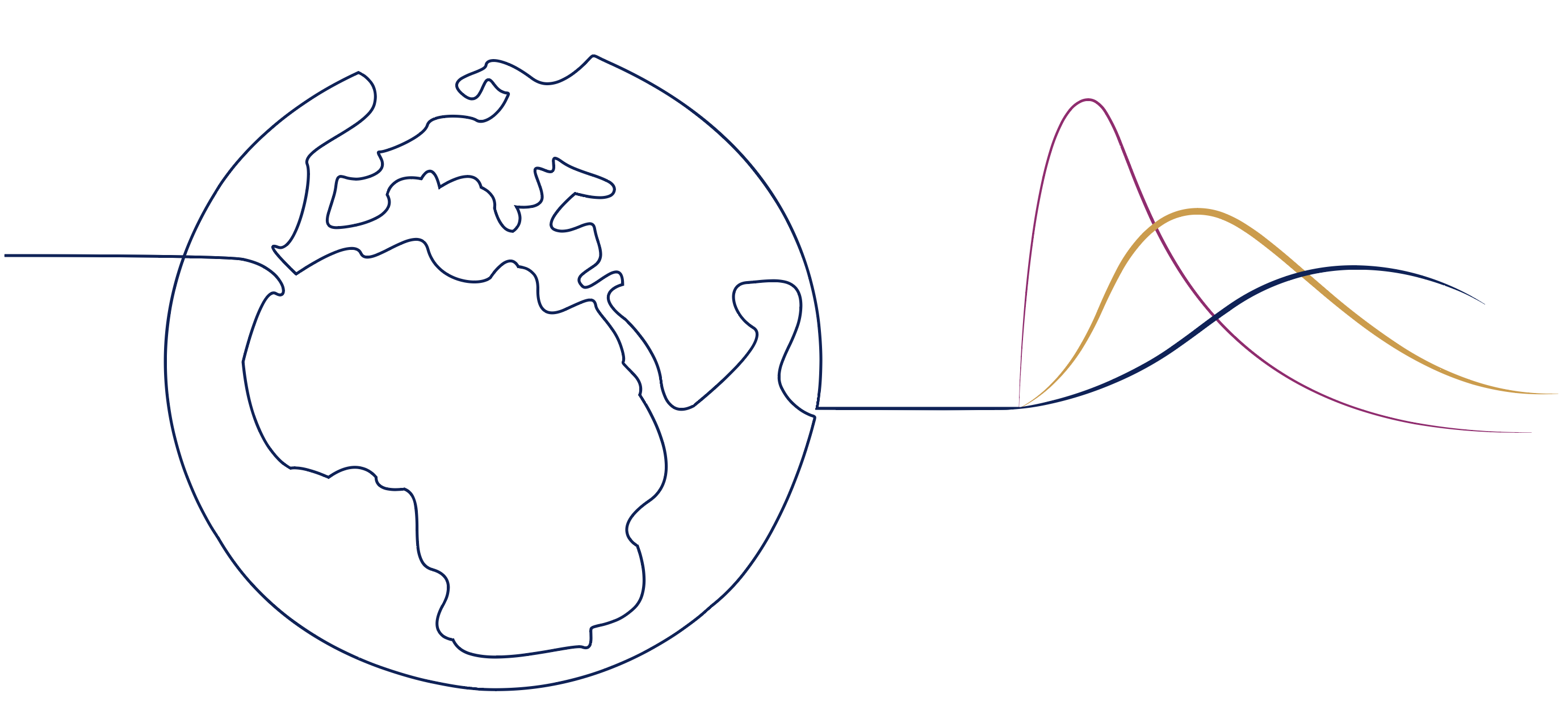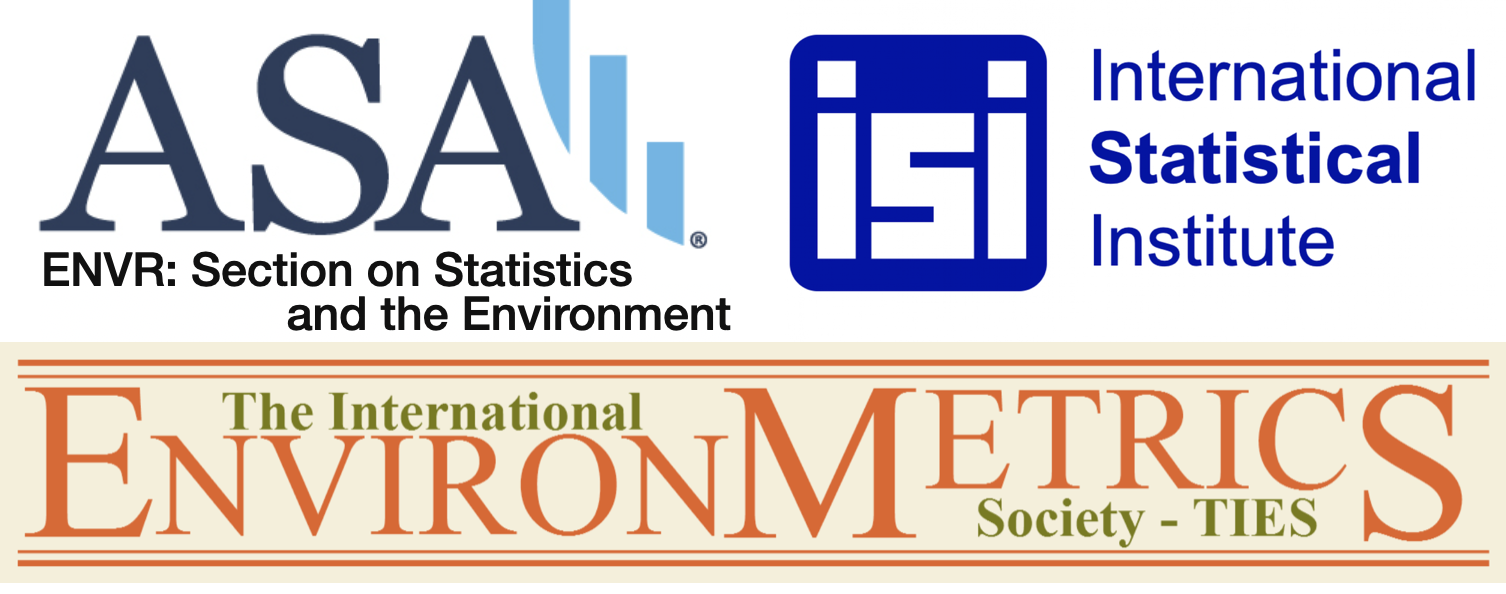Online Seminars in Spatio-Temporal Statistics and Data Science
Welcome to our international seminar series focusing on statistical methodology, spatio-temporal statistics, and environmental data science. Our seminars bring together researchers and practitioners from around the world to share cutting-edge methodologies and real-world applications.
This series serves as a platform for advancing statistical research through collaborative partnerships, promoting innovative work through established professional networks, and highlighting contributions from early-career researchers in our community. With continued support and visibility, we aim to establish this as a regular and recognized venue for cutting-edge research in environmental and spatial statistics.
Our seminars cover a broad spectrum of statistical methods applied to environmental, spatial, and temporal data. These include advanced modeling techniques for understanding complex phenomena ranging from climate patterns and ecological processes to environmental monitoring and public health applications.
Whether you are a researcher, graduate student, or industry professional working with environmental data, spatial analysis, or temporal modeling, our seminars provide valuable insights into the latest developments in statistical methodology and data science applications relevant to environmental and spatial research.

Connecting Global Research in Spatio-Temporal Statistics and Environmental Data Science
Join Our Mailing List
Subscribe to receive announcements and Zoom meeting links for upcoming seminars.
Alternatively, you can send an email directly to stsdsofficial@gmail.com to subscribe.
Upcoming Seminar Presentations
Schedule
Approximately every four weeks on Wednesdays
Time
3:00 PM UTC+2 (European time)
Platform
Zoom video conferencing
Topics Covered
Our seminar series covers a broad range of topics in spatial and spatio-temporal statistics:
Environmental Statistics
Statistical methods for environmental monitoring, climate analysis, ecological modeling, and environmental risk assessment.
Spatial Data Analysis
Geostatistical methods, spatial regression, kriging, and statistical modeling of spatially correlated data.
Spatio-Temporal Modeling
Advanced methods for analyzing data that varies across both space and time, including dynamic spatial models.
Computational Methods
Modern computational approaches, machine learning applications, and visualization techniques for spatial and temporal data.
Extreme Events and Risk
Statistical analysis of extreme weather events, natural disasters, and environmental risk modeling.
Network and Graph Statistics
Statistical methods for spatial networks, transportation systems, and connectivity analysis in environmental contexts.
Seminar Format
Each seminar lasts 60 minutes and follows a structured format to maximize learning and interaction:
Minutes of Presentation
Expert speaker presentation
Minutes of Discussion
Questions and answers
Platform
Zoom with chat features
Questions are collected using Zoom's chat feature during and after the seminar, with moderators facilitating the discussion period.
Organizers
Mary Lai O. Salvaña, Ph.D.
University of Connecticut, Storrs, CT, USA
marylai.salvana@uconn.edu
Jian Cao, Ph.D
University of Houston, Houston, TX, USA
jcao21@central.uh.edu
Jordan Richards, Ph.D
University of Edinburgh, UK
jordan.richards@ed.ac.uk
Yan Song, Ph.D
University of British Columbia, Vancouver, BC, Canada
yan.song@kaust.edu.sa
Former Organizers
We thank our former organizing committee members for their contributions to the success of this seminar series:
- Jean-François Coeurjolly (Univ. Grenoble Alpes, France)
- Peter Craigmile (Hunter College, CUNY, USA)
- Jiří Dvořák (Charles University, Prague, Czech Republic)
- Tomáš Mrkvička (Univ. of South Bohemia, Czech Republic)
- Frédéric Lavancier (ENSAI, Univ. Rennes, France)
- Rasmus Waagepetersen (Aalborg University, Denmark)
